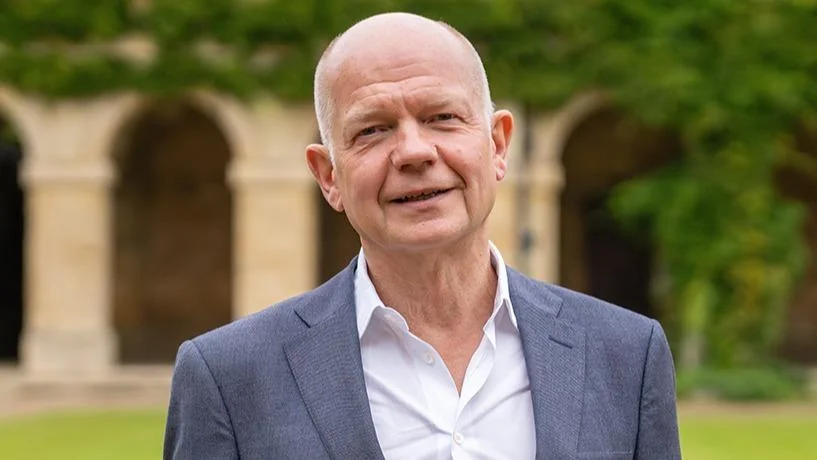Donald Trump has unveiled a new series of tariffs ranging from 10% to 49% on imports from various countries, asserting these measures aim to raise trillions of dollars for the US economy. The tariffs, which came into effect on April 2, 2025, are described by Trump as an effort to 'make America wealthy again' and are part of his administration's strategy to make international trade "fairer." Trump has articulated that countries interested in having these 'reciprocal tariffs' removed must also eliminate non-tariff barriers.
The White House calculated these tariffs based on the trade balance with each country, aiming to retaliate against what is perceived as unfair trade practices where the US has a trade deficit. Consequently, even countries like the Netherlands, Australia, and Brazil, with which the US has a trade surplus, are subjected to these tariffs.
Countries affected by these tariffs have started to consider their responses. The European Union, with a tariff rate of 20%, plans to retaliate, while the UK continues to explore all available options. Trump has indicated openness to negotiations before imposing the baseline tariffs on April 5 and additional ones on April 9.
Despite these measures, global economic analysts remain cautious. The International Monetary Fund (IMF) suggests that Trump's tariffs could decrease global economic growth by 0.5% through the next year but does not foresee a global recession. Still, the economic repercussions of these tariffs are uncertain and vary by country, dependent on the duration and responses of affected nations and businesses. The policies carry implicit risks for Trump, potentially leading to inflation, declining stock markets, and a negative impact on the US economy.
This announcement has inevitably placed significant pressure on global trade relations, sparking conversations among world leaders and economists about the future implications for international commerce.

